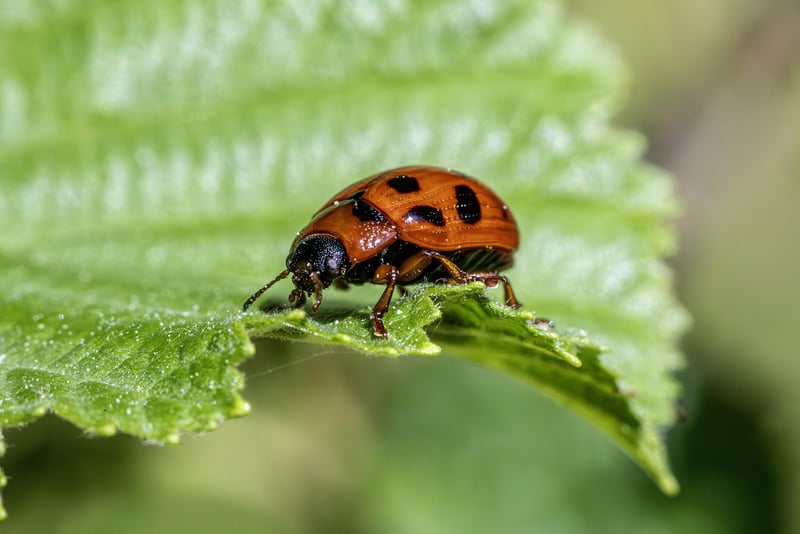Natural Pest Control
Maximizing Plant Growth and Natural Pest Control
Whether you are a seasoned gardener or just starting out with your green thumb, maximizing plant growth and controlling pests naturally are essential for a thriving garden. By incorporating sustainable practices and eco-friendly solutions, you can create a balanced ecosystem that promotes healthy plant growth while keeping pests at bay.
Benefits of Maximizing Plant Growth
Healthy plants are not only aesthetically pleasing but also contribute to a more sustainable environment. Maximizing plant growth offers various benefits, including:
- Improved air quality
- Enhanced biodiversity
- Increased food production
- Support for pollinators
- Reduction of soil erosion
Effective Natural Pest Control Methods
Instead of relying on chemical pesticides that can harm beneficial insects and the environment, consider these natural pest control methods:
- Companion Planting: Planting certain species together can help repel pests and attract beneficial insects.
- Beneficial Insects: Introduce ladybugs, lacewings, or parasitic wasps to prey on harmful pests.
- Organic Sprays: Use homemade sprays with ingredients like neem oil, garlic, or soap to deter pests.
- Physical Barriers: Install row covers or netting to protect plants from pests.
Importance of Sustainable Practices
Adopting sustainable practices in your gardening routine not only benefits your plants but also contributes to a healthier ecosystem. By reducing chemical inputs and supporting natural processes, you can create a more resilient garden that thrives in the long run.
Conclusion
By focusing on maximizing plant growth through sustainable methods and implementing natural pest control strategies, you can create a flourishing garden that harmoniously coexists with nature. Embrace eco-friendly solutions and watch your garden thrive while promoting a healthy environment for all.
Remember, a little care goes a long way in nurturing your plants and keeping pests under control.


For more gardening tips and tricks, visit Gardener's Guide.
